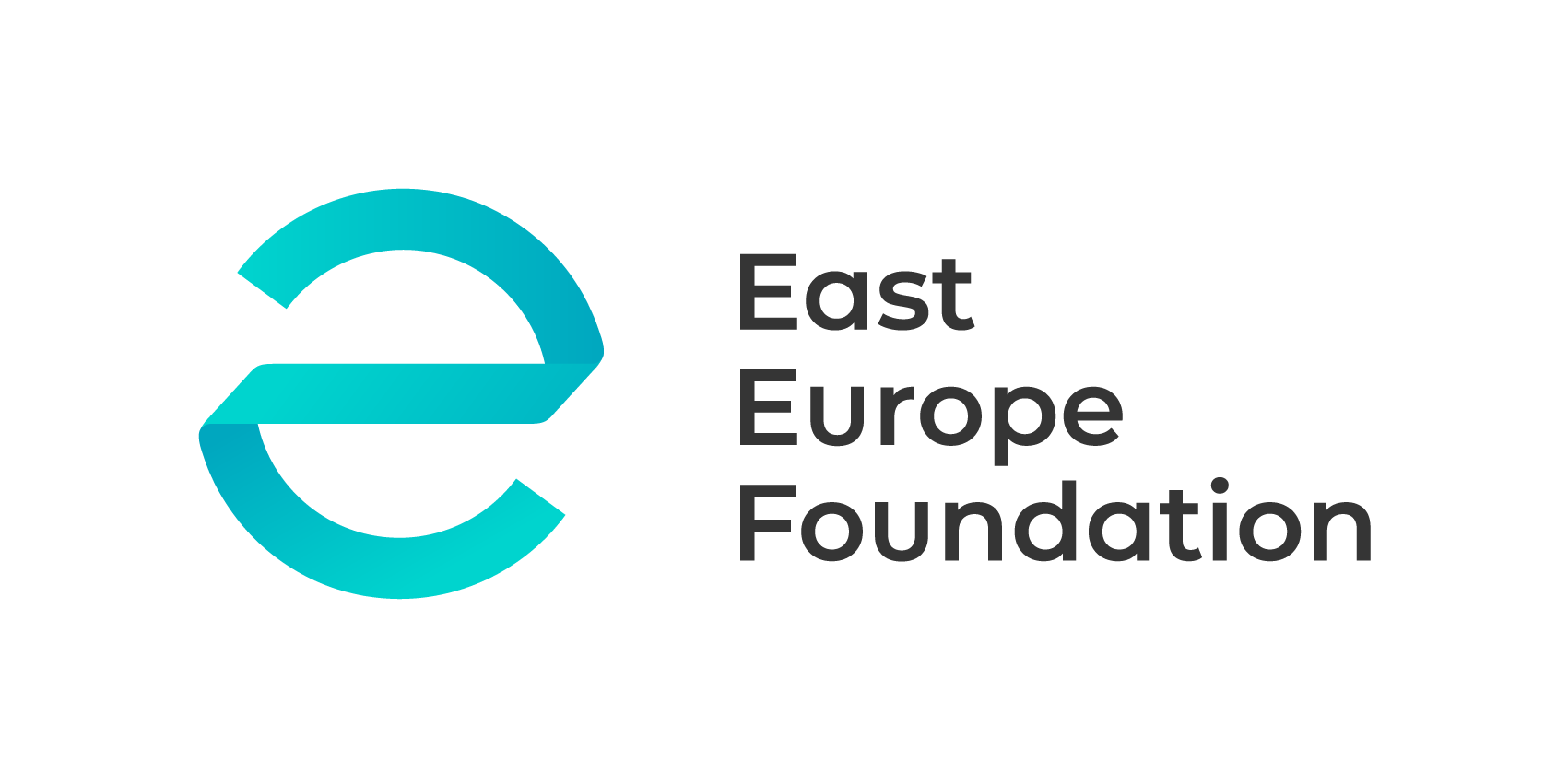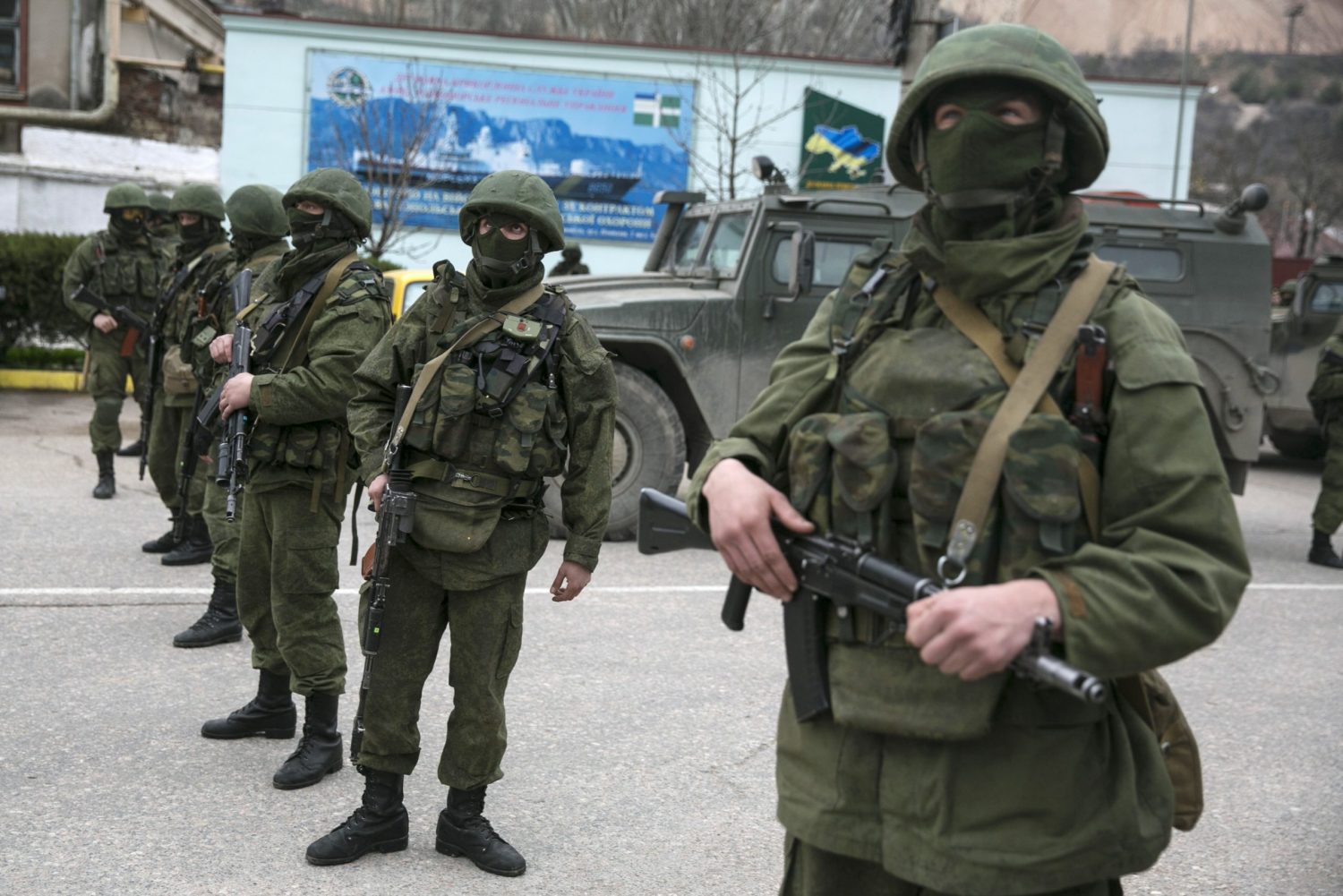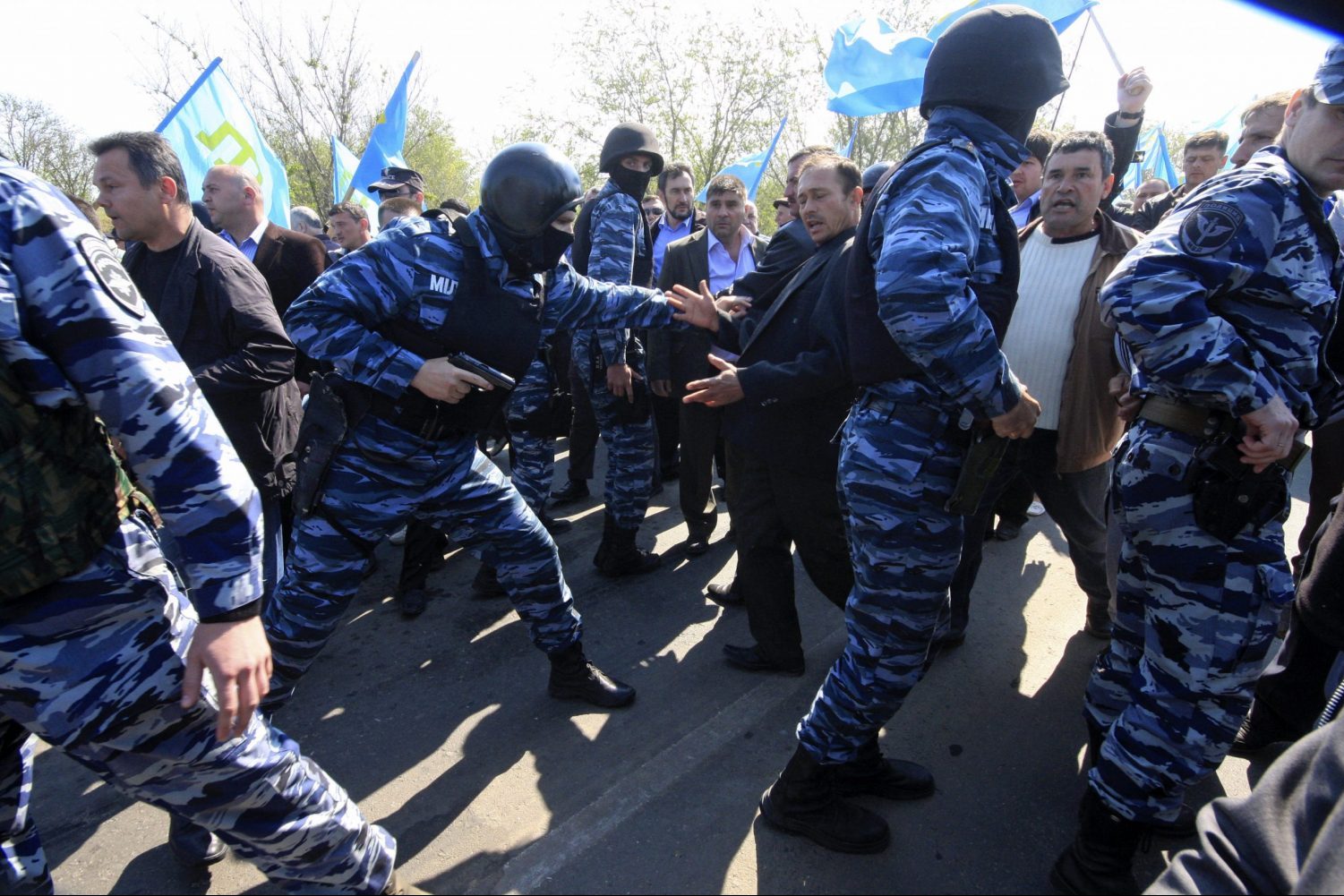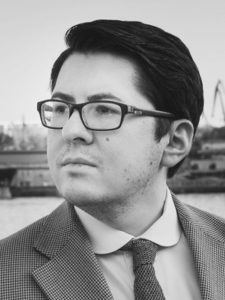Postponed
This event has been postponed and will take place at a later date. We apologize for the inconvenience.
On February 26, the world recognizes eight years of Russia’s illegal occupation of Ukraine’s Crimean Peninsula. Seized in 2014 by unmarked Russian troops, Crimea’s occupation was one of the first forcible takings of land in Europe since World War II and ignited Russia’s war to destabilize Ukraine. As the world works to deter Russia from turning this long-simmering conflict into a raging blitz, Ukraine also works to keep the global spotlight on Crimea—from the illegal seizure to the persecution of minorities and political repression happening on the peninsula. How has Crimea changed since being captured, what is the reality on the ground, and how can the world work to return it to Ukraine? How does the newly launched Crimean Platform fit into this, and is it an effective tool for maintaining international attention on this issue?
Victor Liakh, president of the East Europe Foundation, provides opening remarks. Ambassador John Herbst, senior director of the Atlantic Council’s Eurasia Center, moderates a discussion with Emine Dzhaparova, First Deputy Minister for Foreign Affairs of Ukraine, Dr. Hanna Shelest, director of security programs at the Foreign Policy Council “Ukrainian Prism” and editor-in-chief at Ukraine Analytica, Olga Skrypnyk, head of the Crimean Human Rights Group, and Tamila Tasheva, deputy-permanent representative of the president of Ukraine in the Autonomous Republic of Crimea, and Rustem Umerov, member of the Verkhovna Rada of Ukraine, join to discuss in an event co-hosted with the East Europe Foundation.
spotlight
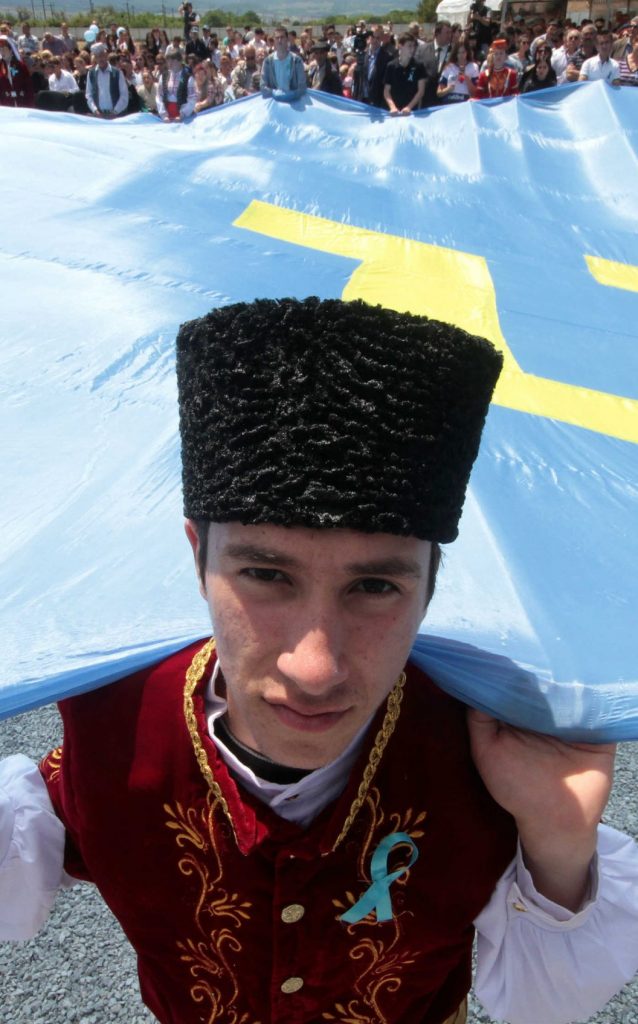
Crimea
On February 27, 2014, masked troops appeared across Ukraine’s Crimean Peninsula on the coast of the Black Sea. These were revealed to be Russian military personnel, directed by the Kremlin, to annex the peninsula. The occupation has brought a deterioration of human rights, economic hardship, and emergence of a police state.
related experts

The Eurasia Center’s mission is to promote policies that strengthen stability, democratic values, and prosperity in Eurasia, from Eastern Europe in the West to the Caucasus, Russia, and Central Asia in the East.
co-hosted in partnership with
